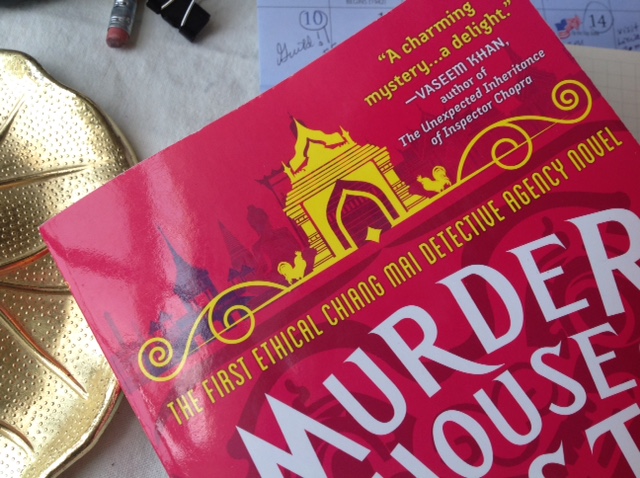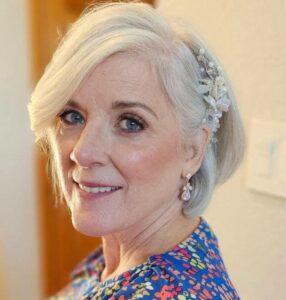It’s risky business. I mean to compare one culture to another.
In this post, I would like to show how David Casarett tastefully handles COMPARING ONE CULTURE TO ANOTHER in his novel Murder at the House of Rooster Happiness. How do we do that at the risk of offending our readers?

Today, let’s look at another quote that compares Thai culture to American culture:
So it was much later than usual when she arrived at the hospital. All of the shady spots in the parking lot had been taken an hour ago, so she had to leave the Beetle in a far corner, right next to the fence. There was no share nearby, and even though she left the windows partly open, she knew that the insides of her little car would be like an oven by the end of the day. Ah well. This was the price she paid for being lazy.
Ladarat thought about the proper form of justice as she made her way slowly across the gravel parking lot and through the back door of the hospital. Most Thais wouldn’t have that reaction, she knew. Most Thais wouldn’t think that they deserved something bad to happen to them because they were lazy.
What is remarkable about these two paragraphs regarding parking the car?
Powerful plenty.
I will list them…
(1) First, we sense the narrator taking us everywhere that Ladarat goes, and for the time it takes us to read this section is about as much time as it took Ladarat to park her car and think those thoughts.
(2) Second, she calls her car little which means she is very affectionate of her sweet vehicle which comes into play when it gets stolen—Sorry, I’m spoiling the plot a bit.
(3) Third, she mentions that some Thais feel a certain way. Ah, very tactful of her to not stereotype and say all or everyone. From this we learn that Ladarat is tactful too. I can’t help but love her and wish her for a friend.
(4) Last and possibly the most interesting feature of David’s writing is that Ladarat’s internal journey displays a major by-product of crossing cultures. We cannot help but analyze our new surroundings —picking and choosing what aspects of a culture we will adopt. Keep some, throw some. And then upon reentry into our home culture, we find ourselves adjusting ourselves into some new-cultural-normal. We say to ourselves, as Ladarat might say it,
“Yes, we are better off than had we never left home at all.”
The journey “there and back” has caused us to self-reflect, a higher order of thinking and an avenue to a better world.
How did David Casarett handle the descriptions of FOREIGN FOOD? Why does Lori think he is a master of TONE SETTING?



